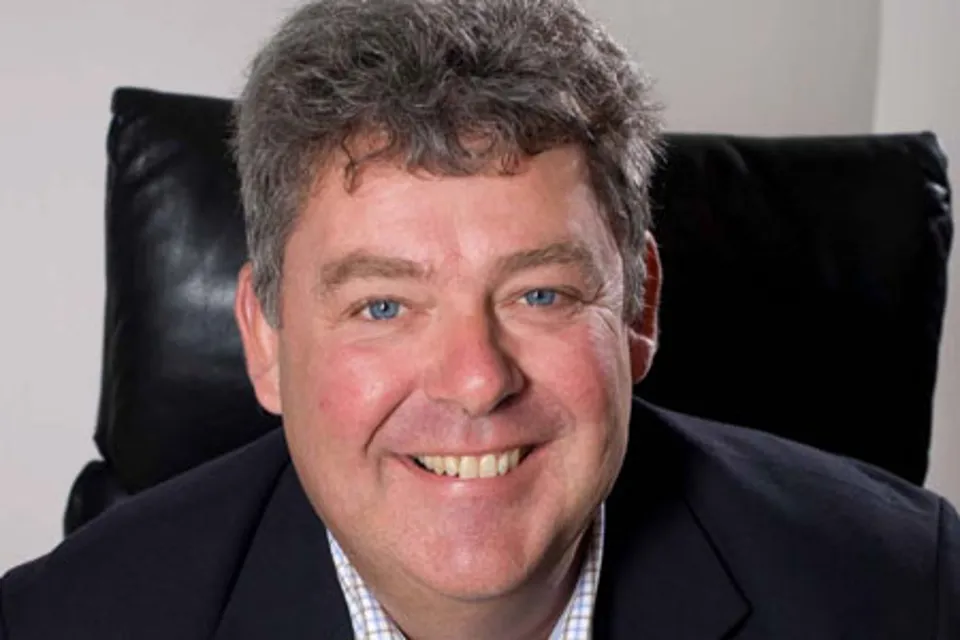Specialist taxation training (which began with BCF Wessex last year) will continue and Volvo’s 20 business centres will have quarterly training.
This quarter the Budget is the focus while next quarter will look at product.
Dealers and the corporate sales team are being encouraged to think of “business sales” and “business users” rather than fleet or corporate.
Cooper points out that a company running two vehicles won’t think of itself as a ‘fleet’ and similarly some dealers who mainly deal with SMEs don’t consider themselves ‘fleet dealers’.
“We want to be more inclusive with our customer base, our dealer network and internally within Volvo,” he explains.
- Fleet operators get the first chance to drive the V40 at Company Car In Action in June: www.fleetnews.co.uk/company-car-in-action/
- For all the cars at the Geneva Motor Show go to www.fleetnews.co.uk/geneva/
Splitting fleet role into two boosts focus
As national corporate sales operations manager, Selwyn Cooper’s role includes corporate sales, special vehicle (police vehicle) sales and used car disposals.
Cooper’s colleague James Shires manages the end-user sales team which focuses on fleets of 75-plus as well as the business development manager programme with Magma. Shires also works on dealer infrastructure including the newly-formed Business Sales Academy.
An international team provides support for pan-European and worldwide fleet agreements.
Environmental leader
Volvo wants to take a leadership position in Europe on CO2 and a third of its R&D is being invested in bringing down CO2 emissions.
Although DrivE has tended to be Volvo’s lowest CO2 emission models, the brand is trying to reduce emissions across the whole range.
It also has a new engine strategy: in future, no engines will be bigger than 2.0 litres or four cylinders but Volvo will be able to offer the power of bigger engines thanks to turbocharging, electrification or a combination of the two.
This means that drivers will benefit from low CO2 emissions but without compromising on power.
This year sees the launch of the V60 plug-in hybrid – a D5 engine complemented by electric motors on the rear wheels.
It has emissions of just 49g/km and can be recharged from a domestic supply.
Cooper says it will be a “halo effect car” in the corporate sector with only 125 being made available to the UK in the first year, but it marks the start of Volvo’s “electrification strategy”.
All cars based on Volvo’s new scalable platform architecture (a new platform from which Volvo builds its cars) will be able to have a hybrid drivetrain and should mean that more cars like the V60 plug-in hybrid are produced.
Volvo is researching and doing trials with full-electric cars, flywheel KERS (Kinetic Energy Recovery System) and range extenders, but Cooper believes that the immediate future lies with hybrids as they offer “the best combination of all options”.



















Login to comment
Comments
No comments have been made yet.